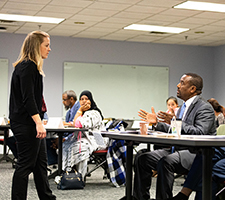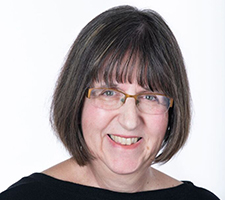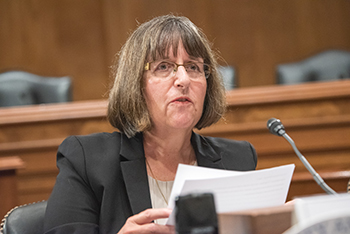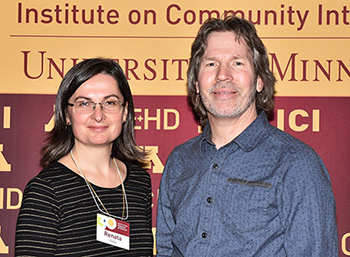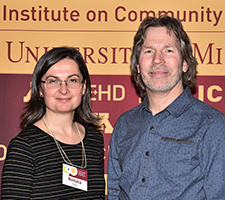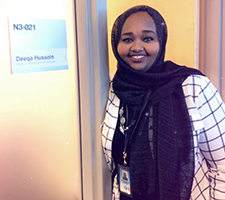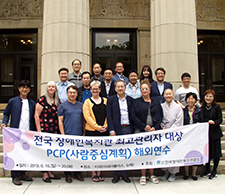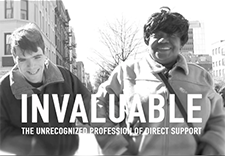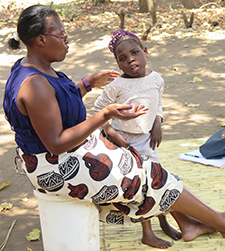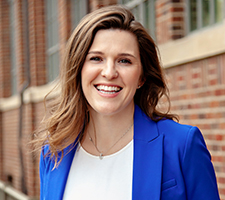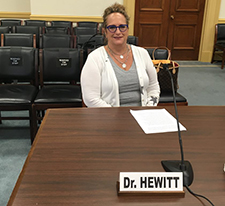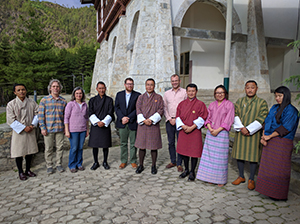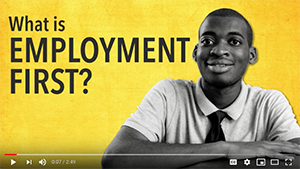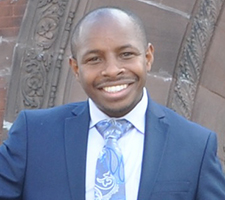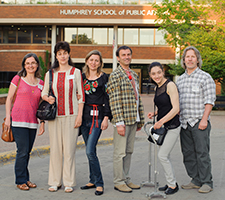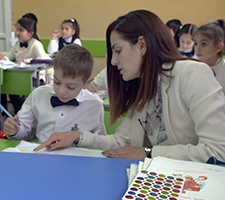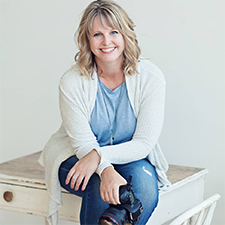
Can mindfulness techniques help young families better support their children with autism and other neurodevelopmental disabilities? A team of MNLEND Fellows from the Institute on Community Integration aims to find out.
Responding to the stress often reported by families of children with autism spectrum disorder (ASD), the team is partnering with Communities Engaging Autism to both document the effectiveness of mindfulness techniques and to widen their use by families, particularly in the early days after a diagnosis.
MNLEND Fellows Muna Khalif and Jennifer Reiter are participating in the non-profit organization’s Mindfulness-Based Stress Reduction for Parents of Kids with Special Needs course, a seven-week class developed by Vanderbilt University. They hope to integrate the techniques into their own lives and then create opportunities for bringing them to more parents across Minnesota.
“Regular mindfulness practice has made me a calmer, more focused parent, which in turn helps my daughter (who lives with autism) better navigate situations that cause her anxiety,” said Reiter. “I’m interested in partnering with arts organizations that offer sensory or inclusive programming to create more opportunities to share these techniques across the state.”
Their MNLEND colleague Adam Langenfeld, a pediatrician completing a fellowship in developmental-behavioral pediatrics at the University of Minnesota, will use survey data to learn how the training affected class participants’ stress and well-being levels, as well as how the course can be improved for future participants. Longer term, he hopes to use more quantitative measures of stress, such as biofeedback.
“Techniques to help alleviate stress can not only help parents cope, but can also help them address problematic behaviors,” he said. “We hope that by providing further evidence that MBSR helps with parent stress, we can help Communities Engaging Autism gain additional support to provide the techniques to a wider audience.”
The team is working on the project with Beth Dierker, the organization’s executive director, who is also a MNLEND alum from the 2017–18 cohort.
“Our time together [in the mindfulness class] so far has been thoughtful, honest, and focused,” Dierker said. “I often remind myself and all of us to ‘begin again’ each day.”

